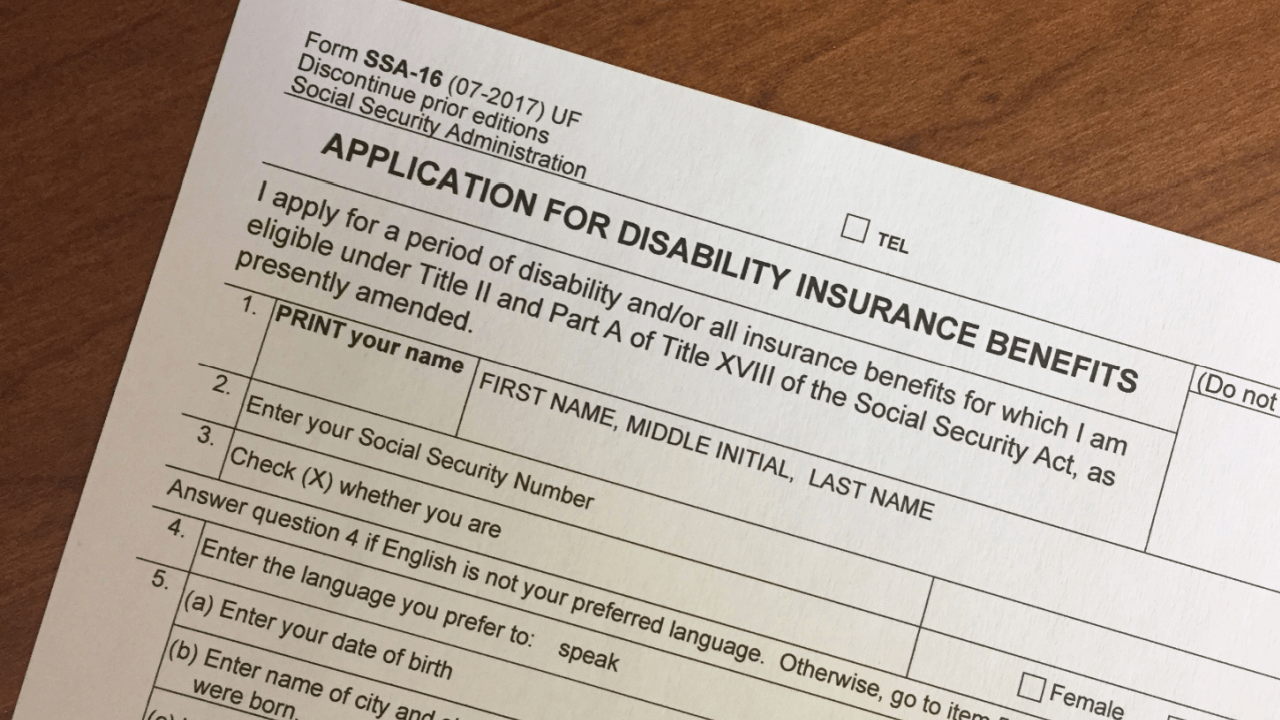
What is the Easiest Disability to Prove? A Complete Guide
What is the Easiest Disability to Prove for Disability Benefits?
Understanding what is the easiest disability to prove can help individuals navigate the complex disability benefits application process more effectively. While no disability should be considered “easy” to experience, certain medical conditions have more straightforward documentation requirements and clearer diagnostic criteria that make them easier to establish during the claims process.
The disability determination process relies heavily on objective medical evidence, diagnostic tests, and comprehensive documentation from healthcare providers. Conditions that produce measurable, observable symptoms with established medical protocols are often more straightforward to evaluate during the claims process.
Medical Conditions with Clear Documentation Standards
When examining what is the easiest disability to prove, several categories of conditions stand out due to their objective diagnostic criteria and established medical testing procedures.
Cardiovascular Conditions: rank among the most straightforward to document. Heart attacks, severe heart failure, and coronary artery disease can be verified through EKGs, stress tests, and cardiac catheterization results. These conditions produce measurable data that disability examiners can easily evaluate against established medical criteria.
Cancer Diagnoses: with specific staging and treatment requirements are often more clearly documented. Advanced-stage cancers that appear on the Social Security Administration’s Compassionate Allowances list are subject to special review procedures due to their severity and clear diagnostic standards.
End-Stage Renal Disease: requiring dialysis provides objective evidence through blood work, kidney function tests3, and treatment records. The measurable decline in kidney function creates a clear medical trail that supports disability claims.
Severe Mental Health Conditions: with documented hospitalizations, medication trials, and psychological testing can be well-established when properly documented by qualified mental health professionals.
Factors That Make Disabilities Easier to Prove
Several key factors determine what is the easiest disability to prove in the benefits system. Objective medical evidence serves as the foundation of successful claims. Conditions that can be measured through blood tests, imaging studies, or other diagnostic procedures provide concrete proof of impairment.
Consistent medical treatment demonstrates the ongoing nature and severity of the condition. Regular doctor visits, prescription medications, and specialist consultations create a comprehensive medical record that supports the disability claim.
Functional limitations documentation shows how the condition impacts daily activities and work capacity. Detailed reports from healthcare providers about specific limitations help establish the extent of disability.
Hospitalization records provide powerful evidence of condition severity. Emergency room visits, surgical procedures, and inpatient stays create objective documentation of medical crises and treatment needs.
Documentation Requirements for Successful Claims
Understanding what is the easiest disability to prove requires knowledge of essential documentation requirements. Comprehensive medical records from all treating physicians should demonstrate the progression and persistence of the condition over time.
Diagnostic test results including blood work, imaging studies, and specialized testing provide objective evidence of medical impairment. These results must clearly show abnormal findings consistent with the claimed disability.
Treatment history documentation demonstrates the medical community’s response to the condition. Failed treatment attempts, medication side effects, and ongoing medical management support the severity of the impairment.
Functional capacity evaluations conducted by healthcare providers assess how the condition impacts work-related activities. These evaluations provide specific limitations that disability examiners use to determine work capacity.
Key Takeaways for Proving Your Disability Claim
When considering what is the easiest disability to prove, focus on building a strong foundation of medical evidence rather than seeking shortcuts. Work closely with healthcare providers to ensure comprehensive documentation, maintain consistent treatment, and gather all relevant medical records before applying for benefits.
Take Action on Your Disability Claim Today
If you’re wondering what is the easiest disability to prove for your specific situation, consult with qualified healthcare providers and consider seeking guidance from disability attorneys or advocates who understand the claims process. For comprehensive resources, expert guidance, and step-by-step assistance with your disability claim, visit SocialSecurityDisability.com to access professional support that can help build the strongest possible case for your condition and navigate the complex benefits application process successfully.
Frequently Asked Questions
1. What medical conditions are approved fastest for disability?
Conditions on the Compassionate Allowances list, including advanced cancers, ALS, and certain severe conditions, typically receive expedited approval within 25 days due to their obvious severity and clear diagnostic criteria.
2. How long does medical evidence need to exist before applying?
Medical evidence must typically span at least 12 months or be expected to last 12 months to meet the duration requirement for disability benefits, though some terminal conditions may be expedited.
3. Can mental health conditions be easy to prove?
Mental health conditions can be well-documented when supported by psychiatric hospitalizations, medication trials, psychological testing, and consistent treatment records from qualified mental health professionals.
4. What role do diagnostic tests play in disability claims?
Diagnostic tests provide objective, measurable evidence of medical impairment that disability examiners can evaluate against established medical criteria, making them crucial for successful claims.
5. Should I apply for disability without complete medical records?
Applying without comprehensive medical documentation significantly reduces approval chances. It’s better to gather complete records first, as incomplete applications often result in denials that delay the process.
Key Takeaways
- Cardiovascular conditions, advanced cancers, and end-stage renal disease typically have the clearest documentation standards and highest approval rates
- Objective medical evidence from diagnostic tests provides the strongest foundation for disability claims
- Consistent medical treatment over at least 12 months demonstrates the ongoing nature and severity of conditions
- Comprehensive documentation including hospital records, test results, and functional assessments strengthens any disability claim
- Working with healthcare providers to ensure proper documentation is more effective than trying to identify “easy” conditions to prove


